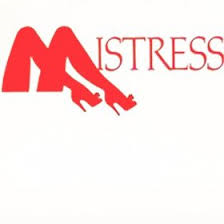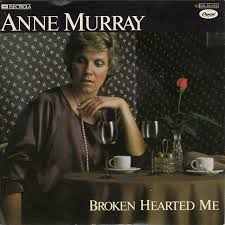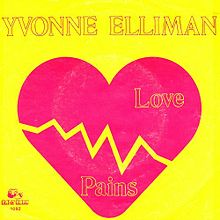 On 5 January 1980, “Mistrusted Love” by Mistress was at #49, its highest position in the 80s. So far as I can tell, that was its peak overall.
On 5 January 1980, “Mistrusted Love” by Mistress was at #49, its highest position in the 80s. So far as I can tell, that was its peak overall.
There’s not much on the Internet about Mistress. Well, there might be, but I’m not going to chance the questionable content of sites Google will return for a search of “Mistress”, so I’ll just tell you what I can glean from the comments section of the Youtube video for “Mistrusted Love“. Mistress was a hard-working band in the San Francisco Bay area who hobnobbed with the likes of The Doobie Brothers and Huey Lewis & The News; they got to tour the country a few times, they released a few albums, and had some promise and this one single that nearly made it to the top 40, but for whatever reason they didn’t catch on. This is a shame, because “Mistrusted Love” is actually a pretty good track; I prefer it to the output of similar bands occupying the musical space between rock and easy listening.
Maybe part of the allure for me is the thrill of discovery; I’ve never heard this song and probably never would have had I not decided to do this project. But I think the greater part is that it really achieves what it sets out to do. The song is about a guy who is lamenting having gotten involved with a woman he shouldn’t have; she even warned him that she was no good. His emotions are really complicated as a result. His voice aches with both love and remorse, and it’s pretty clear that he both regrets and thrives on his misplaced love, and as a result he’s hollow and frustrated, so much so that he’s left stamping his feet on the ground in futility. And the song sounds like that mix of emotions; the twangy guitar is both taut and nervous, the beat moves forward tentatively and then rests reluctantly. At least in this song, Mistress pretty much hit the tone they needed, not bombastic, not too quiet, not full-on angst, not fully despondent. This is the first artist in this project that I actually want to know more about and may probably pursue; here’s hoping that there’s more Mistress out there than there was on the Billboard charts.







